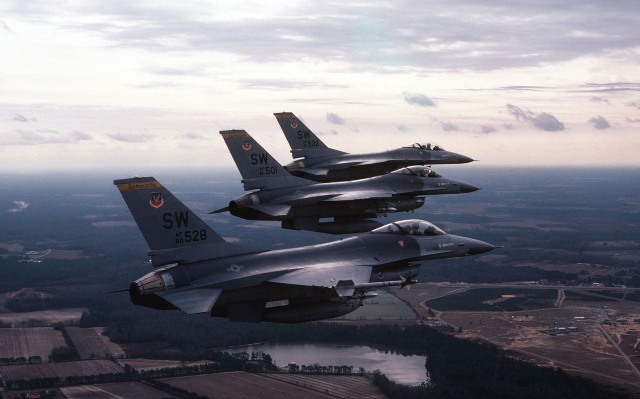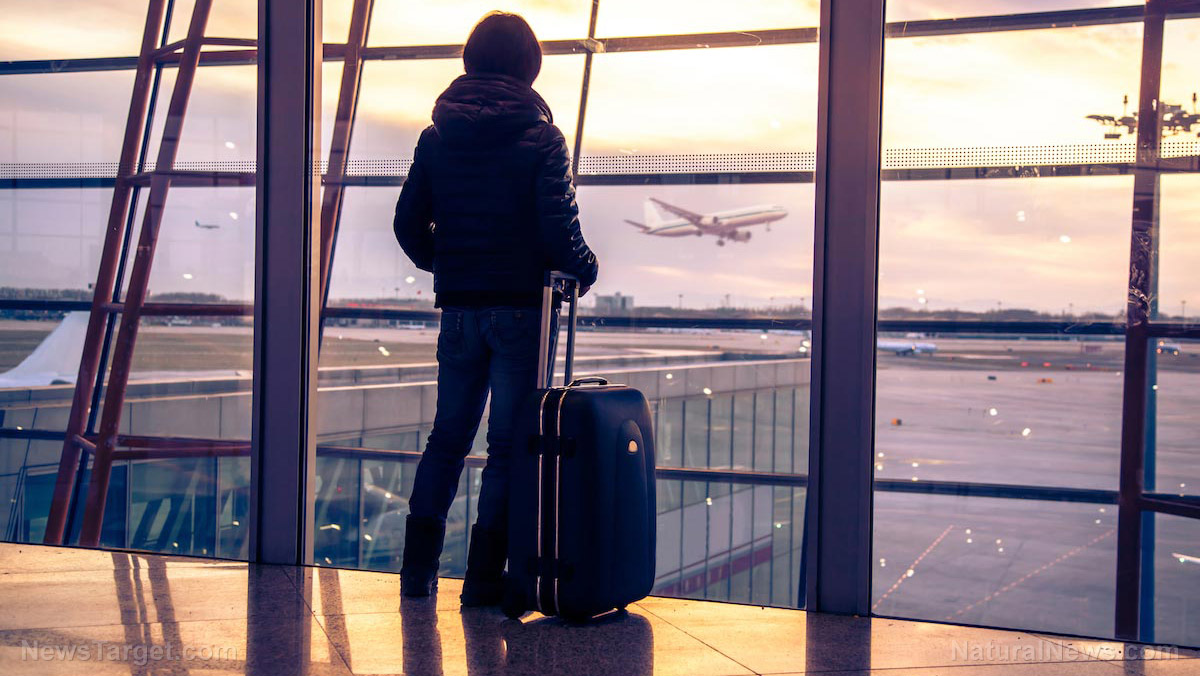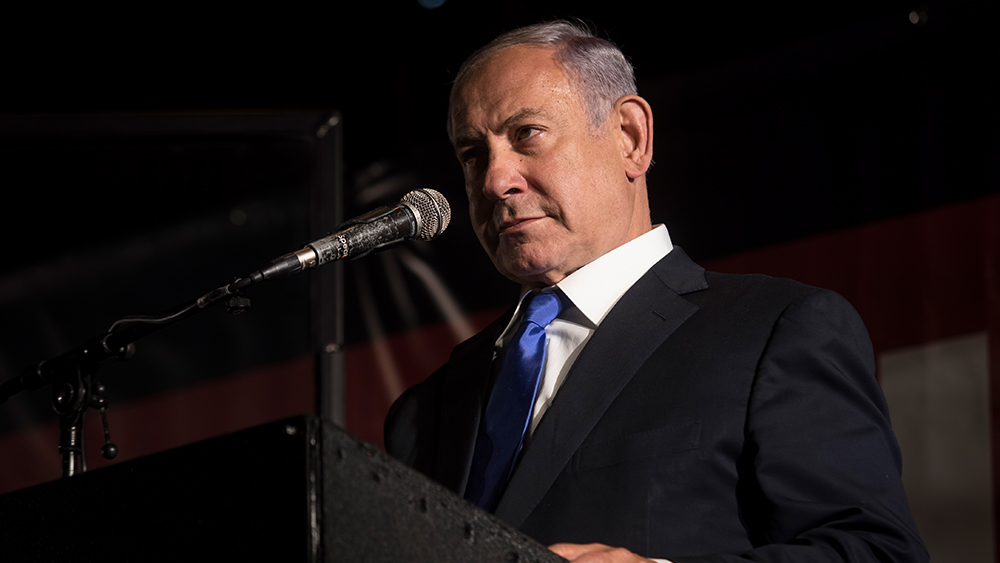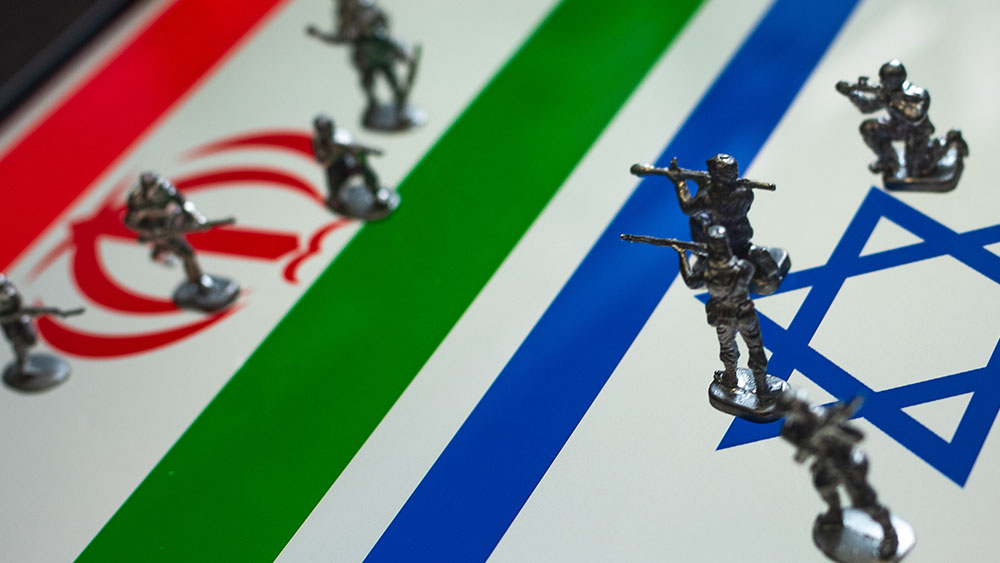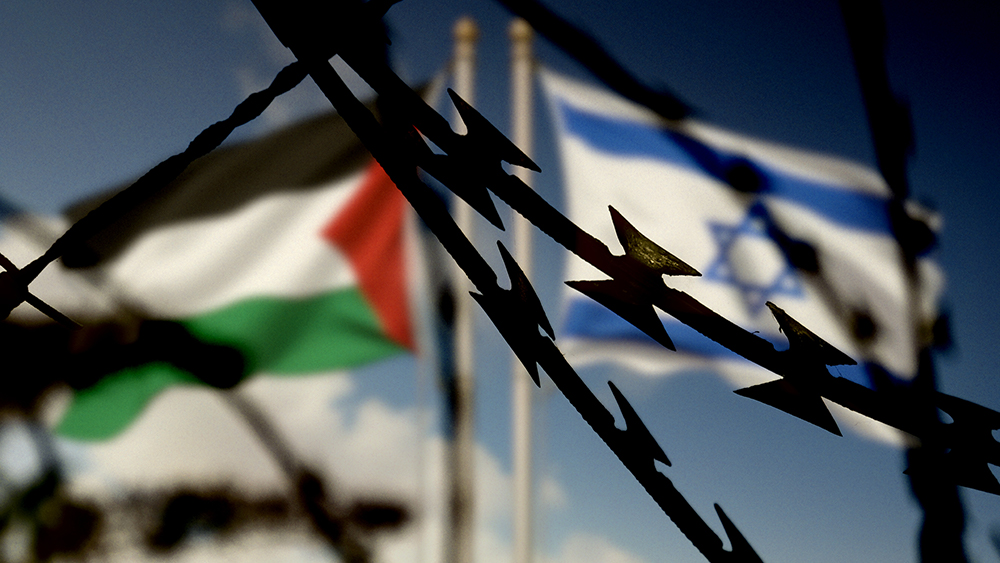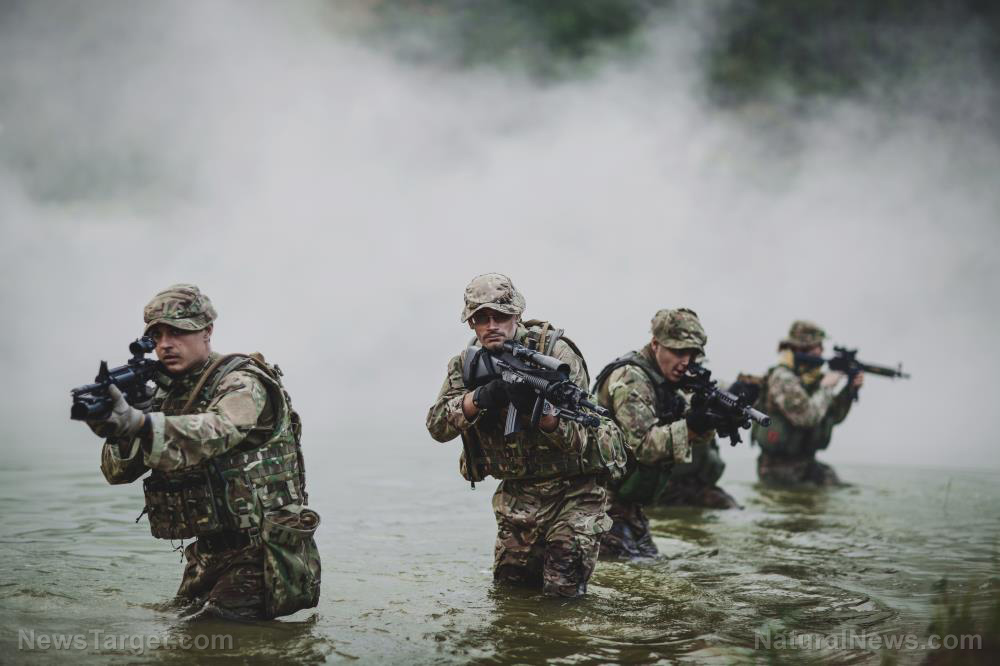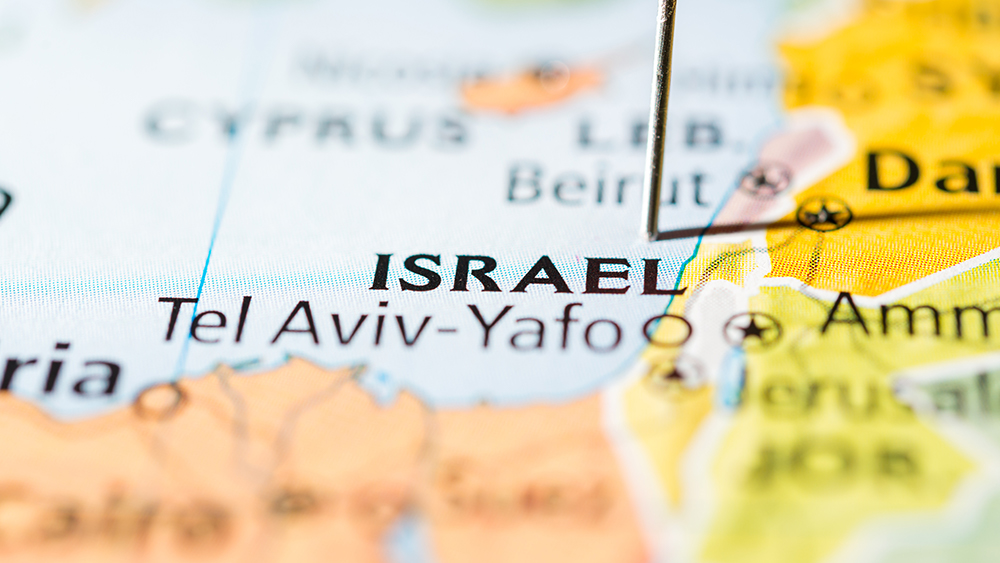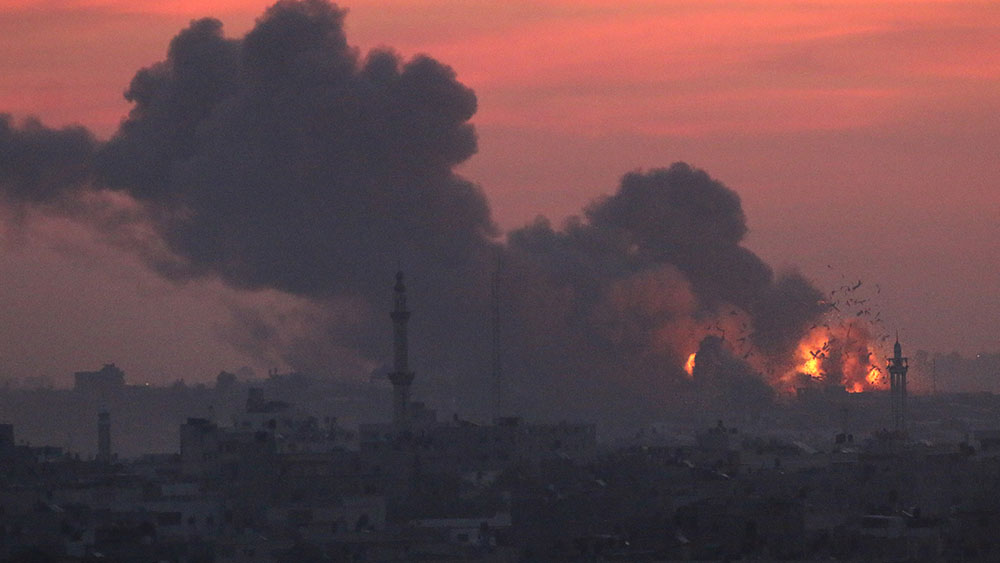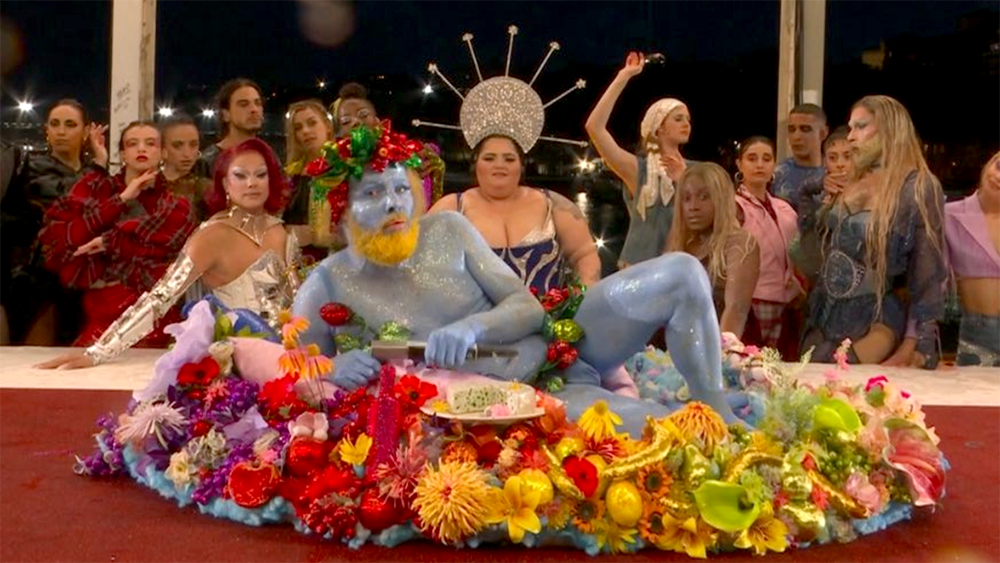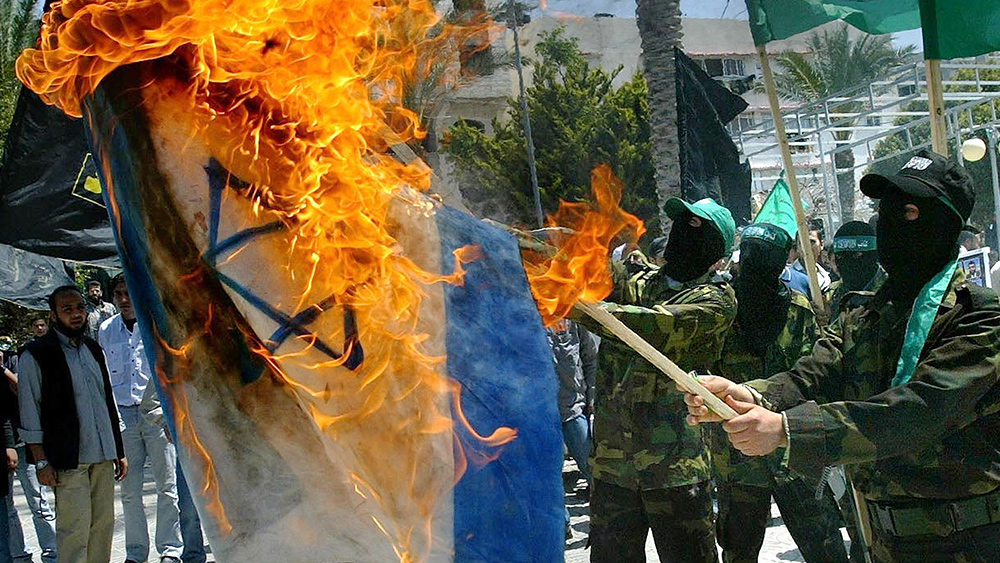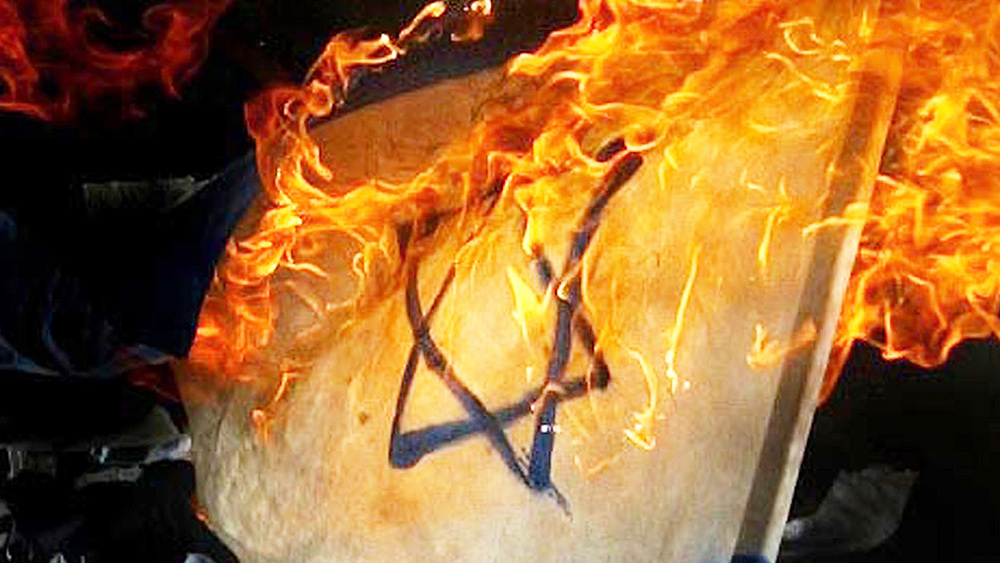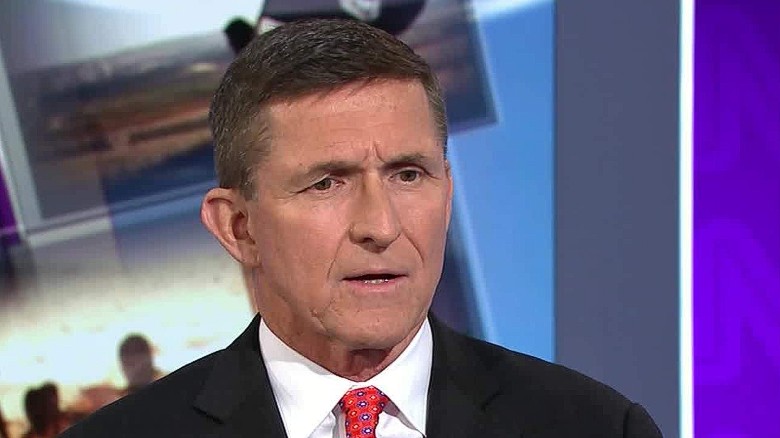Russia to boost security ties with the Central African Republic following lifting of UN arms embargo
08/05/2024 / By Richard Brown

Russia is poised to enhance its security cooperation with the Central African Republic (CAR) following the United Nations Security Council’s decision to lift a decade-long arms embargo against the civil war-torn nation.
The arms embargo was imposed on the CAR in 2013 in response to the outbreak of the civil war, which saw the internationally recognized government of the CAR clash with a variety of rebel groups, including the predominantly Muslim Seleka rebel alliance that successfully ousted former President Francois Bozize in a coup d’etat.
This coup ignited retaliatory violence from predominantly Christian militia groups, plunging the country into the devastating, decade-long civil war it is still struggling with today. The conflict has seen thousands of civilians killed, has internally displaced hundreds of thousands and has turned the CAR into one of the world’s poorest nations.
On July 30, the UN Security Council unanimously voted to lift the arms embargo on the Central African Armed Forces, while at the same time extending sanctions against other armed groups operating within the country until July 2025.
Russian Ambassador to the CAR Alexander Bikantov described the lifting of the arms embargo as a “major event” for the CAR, which he believes will have a long-term positive effect on the nation’s security and sovereignty. He noted that Russia remains as the CAR’s primary military and technical partner and expressed confidence in continued fruitful cooperation.
Since 2018, Russia has been a party to a defense cooperation agreement with the CAR. Moscow signed a treaty with Bangui that allows Russian instructors to train the CAR’s military.
Earlier this year, Bikantov said there were a little under 2,000 Russian military specialists in the CAR serving as trainers and other kinds of military advisors and that the Kremlin had plans to answer Bangui’s requests to increase this number. Additionally, there are plans to establish a Russian military base in the CAR. (Related: Latest Middle East escalations and Russia-North Korea pact could usher in a devastating global war.)
Russian assistance could help war-torn CAR regain stability
The CAR, home to around six million people, is a chronically unstable state located at the crossroads of diverse ethnic and linguistic groups in Central Africa.
One of the last regions of Sub-Saharan Africa to integrate into the global economy, the CAR began engaging in global trade networks around the early 1700s, first by participating in the global trade of slaves.
In 1903, the CAR was established as the French Colony of Ubangi-Shari, modeled after the Belgian Congo. France then delegate control of the territory to private corporations, which exploited the land’s resources for rubber and ivory. Despite France banning the domestic slave trade in the 1910s, forced labor continued under these companies.
Ubangui-Shari gained independence as the Central African Republic in 1960, but it was almost immediately racked with power struggles following the death of independence leader and unifier Barthelemy Boganda just six months before the formal recognition of the CAR’s independence.
Since then, CAR’s political history has been marred by very brief periods of democratization that are immediately followed by military coups and democratic backsliding.
The first of these was in 1966, which saw military leader Jean-Bedel Bokassa, who overthew the previous president and ruled for over a decade, including for nearly three years as the self-declared emperor of the Central African Empire.
His regime was characterized by widespread corruption, a harsh intolerance for political dissent and massive economic mismanagement, which all led to his overthrow in 1979 following massive student protests and French-backed coup that saw the fledgling empire revert to the CAR.
By 2013, the country had experienced its fifth coup, following Bozize’s ouster by the Seleka alliance, which led to widespread abuses by the Seleka group and the formation of local, Christian-majority self-defense groups known as the anti-Balaka (anti-machete), many of whom have also committed human rights abuses against the CAR’s Muslim minority.
The conflict has thus become increasingly ethnoreligious, focusing more on identity than religious ideology.
In 2016, Faustin-Archange Touadera was elected president and reelected with strong popular support in 2020 after he brokered a 2019 peace agreement between his government and major armed factions, which had limited impact and allowed these rebel groups to maintain control over significant portions of the country. Touadera also proposed a new constitution in 2023 which removed term limits for presidents, allowing him to indefinitely extend his rule.
Watch this video discussing the Russian Wagner Group private military company’s participation in peacekeeping efforts in Africa.
This video is from the Cynthia’s Pursuit of Truth channel on Brighteon.com.
More related stories:
Russia accuses U.S. of expanding biological weapons research in Africa.
Russia says countries that join BRICS can’t participate in unilateral sanctions.
Russia sends another shipment of FREE WHEAT to help address food insecurity in Mali, Africa.
Sources include:
Submit a correction >>
Tagged Under:
Africa, arms embargo, banned, big government, Central African Republic, chaos, civil war, conflict, conspiracy, dangerous, diplomacy, foreign relations, military, military aid, national security, politics, real history, Russia, sanctions, UN
This article may contain statements that reflect the opinion of the author
RECENT NEWS & ARTICLES
COPYRIGHT © 2019 Dangerous.News
All content posted on this site is protected under Free Speech. Dangerous.News is not responsible for content written by contributing authors. The information on this site is provided for educational and entertainment purposes only. It is not intended as a substitute for professional advice of any kind. Dangerous.News assumes no responsibility for the use or misuse of this material. All trademarks, registered trademarks and service marks mentioned on this site are the property of their respective owners.

